hello there! we’re glad you’re here.
mission
varyCSS is an open collective of scholars who seek to advance and improve the field of computational social science (CSS) by centering the work of scholars from historically marginalized communities. We interface scholars, institutions, and event organizers by building a collection of tools that promote visibility and connection. We are proud to be part of a growing community working to make CSS more equitable.
If you are interested in joining us, feel free to reach out! varycss(at)gmail.com
who we are

Fatima Alqabandi
Duke University
Sociology
website
Fatima Alqabandi is a PhD candidate in Sociology at Duke University. Her research focuses on how digital platforms can either bridge or deepen political divides. Specifically, she examines the dynamics of online self-censorship and the fear of social backlash—investigating when and why people might hold back from sharing their true opinions on contentious issues. Through surveys, experiments, and simulated social media platforms populated with LLM-based bots, she explores the conditions under which people are more or less likely to share their 'true' opinions.

Taylor W. Brown
Meta
Sociology
website
Taylor W. Brown (she/they) earned a PhD in Sociology from Duke University, with a focus on culture, computational methods, markets, and inequality. For her dissertation, Taylor investigated gender disparity in creative professions. She previously earned an MA in Sociology from UNC Chapel Hill and an MSc in Evidence-based Social Intervention from University of Oxford. Taylor is now a member of the Computational Social Science and Social Issues teams at Meta, where she serves as a research engineer. Her projects study the impact of social media on society.
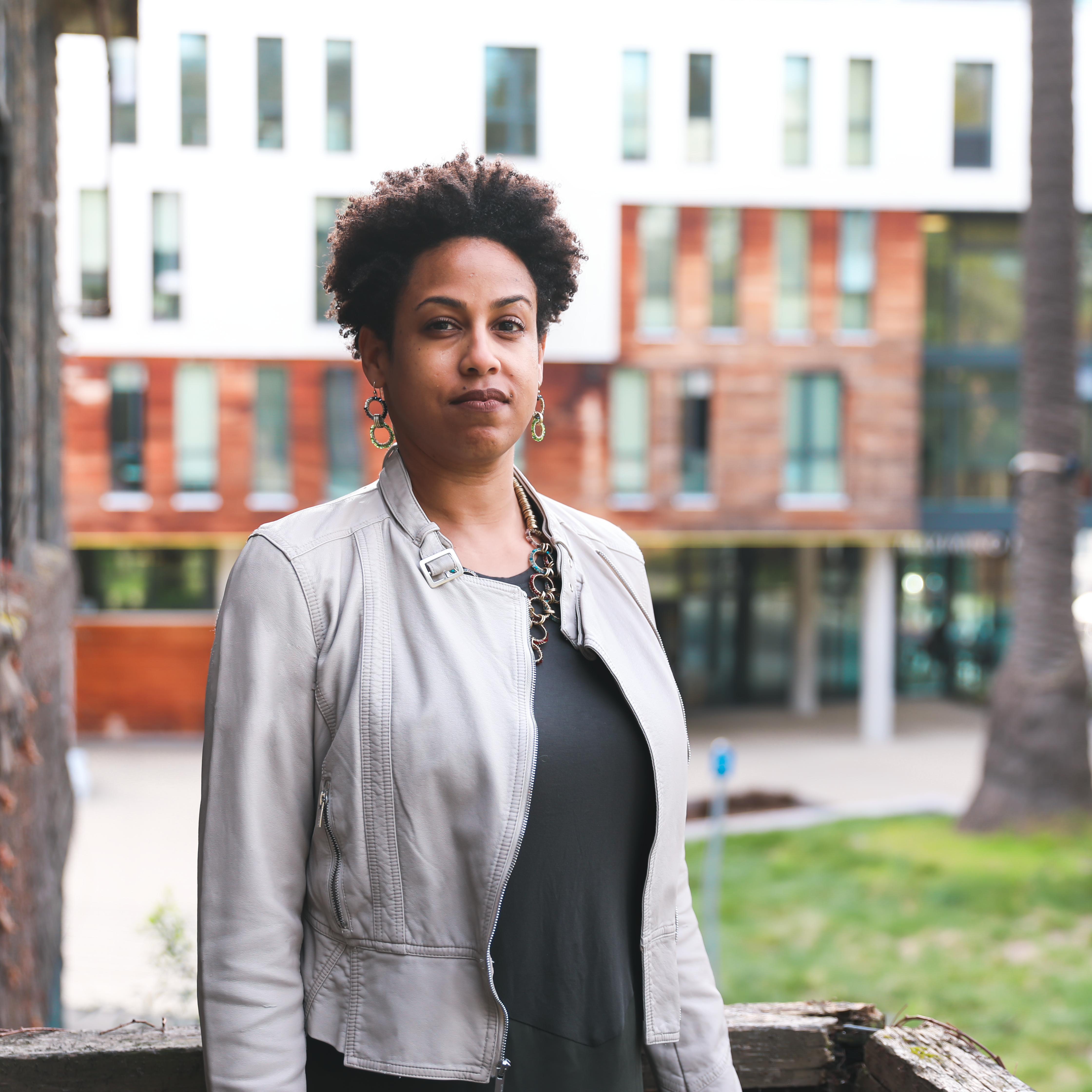
Naniette H. Coleman
University of California Berkeley
Sociology
website
Naniette H. Coleman is a PhD candidate in Sociology at the University of California Berkeley and UC National Laboratory Fellow at Los Alamos National Laboratory. Her work sits at the intersection of the sociology of culture and organizations and focuses on cybersecurity, surveillance, and privacy, examining how organizations assess risk, decisions, and respond to data breaches and organizational compliance with privacy laws.
Naniette holds a M.P.A with a specialization in Democracy, Politics, and Institutions from the Harvard Kennedy School of Government, an M.A. in Economics and a B.A. in Communication from the University at Buffalo SUNY. A non traditional student, Naniette’s prior professional experience spans both government and academia.
Naniette is the recipient of numerous honors including the K. Patricia Cross Future Leaders Award from the American Association of Colleges and Universities, a Presidential Management Fellowship, President's Lifetime Volunteer Service Award, Berkeley Chancellor’s Award for Public Service, SUNY Chancellor’s Award for Excellence, is on the Board of Directors for ScienceCounts, and is the founder and lead organizer for SICSS Howard/Mathematica, the first SICSS at a historically black college or university.
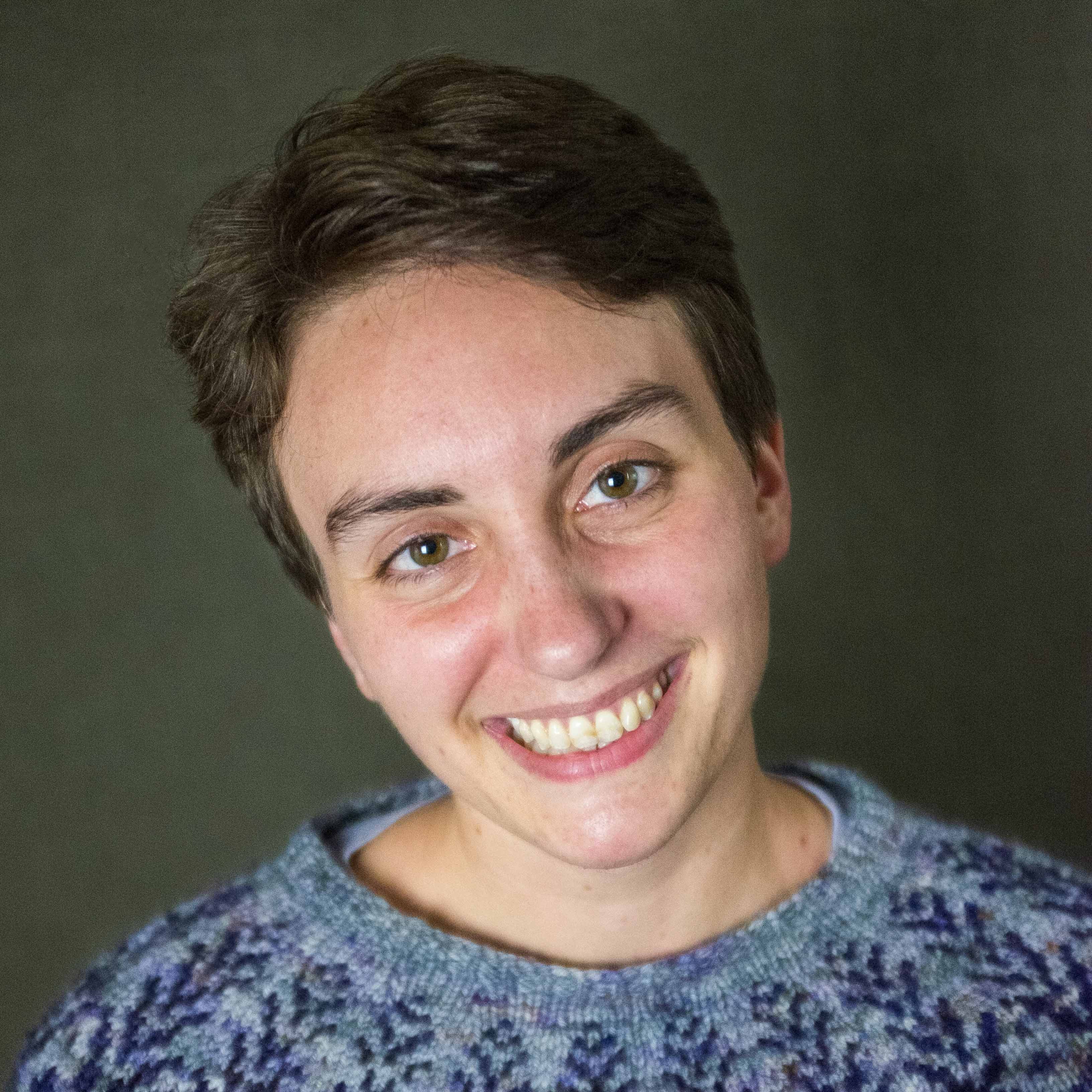
Aidan Combs
Duke University
Sociology
website
Aidan Combs is a Ph.D. candidate in the sociology department at Duke University. She is interested in social psychology and computational methodologies for data collection and analysis. Her dissertation focuses on identity ambiguity and its role in interaction. She has experience developing and conducting field experiments using custom mobile apps and developing R packages to facilitate research with social psychological theories.

Tina Law
University of California, Davis
Sociology
website
Tina Law (she/her) is an Assistant Professor of Sociology at the University of California, Davis. She studies inequality, race and ethnicity, and democracy and specializes in computational and quantitative methods. Her recent work focuses on AI, particularly how social scientists can adapt generative AI tools for text and image analysis and how they can contribute to ongoing policy debates about AI governance. She received her Ph.D. in sociology from Northwestern Univeristy.

Guidance Mthwazi
University of Cape Town
Information Science
website
Guidance Mthwazi is a PhD Research Fellow in Information Systems (PhD IS) with the Department of Information Systems at the Faculty of Commerce, University of Cape Town (UCT), South Africa. His broader interests are in Information and Communication Technology enabled Development (ICT4D) and ICT governance in southern Africa. He examines in his current inquiry, the phenomenon of electronicgovernance and its influences on public service delivery (PSD). Guidance holds a Master of Commerce Degree in Information Systems and a Bachelor of Business Administration Degree in Computer and Management Information Systems. He also holds a Postgraduate Diploma in Higher Education studies.
Guidance is a recipient of the Hasso Plattner PhD Scholarship (HPI Germany) under which he conducts his Doctoral studies in collaboration with the UCT School of Information Technology (SIT); a Teaching and Research Assistant in the IS Department; an active professional member of both the Institute of Information Technology Professionals South Africa (IITPSA) and the Southern African Chapter of the Association for Information Systems (AISSAC) community

Gabriel Varela
Duke University
Sociology
website
Gabriel Varela is PhD Candidate in Sociology at Duke University.
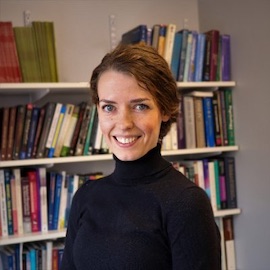
Ieke de Vries
Leiden University
Criminology
website
Dr. Ieke de Vries (she/her/hers) is an Assistant Professor at the Institute of Criminal Law and Criminology at Leiden University, the Netherlands. She received her Ph.D. from Northeastern University (Boston, Massachusetts) and was previously appointed as an Assistant Professor in the College of Criminology and Criminal Justice at Florida State University (Tallahassee, Florida). Her research primarily examines the crime locations, victimizations, and networks associated with hard-to-observe crimes and understudied populations. To examine these interrelated themes, she combines computational methods with other qualitative and quantitative approaches. Her work has been supported by national and international fellowships, including a Research Fellowship from the National Institute of Justice in the U.S. Besides integrating a computational toolkit in her own research, she has also taught on computational statistics, programming in the social sciences, and a computational criminology.
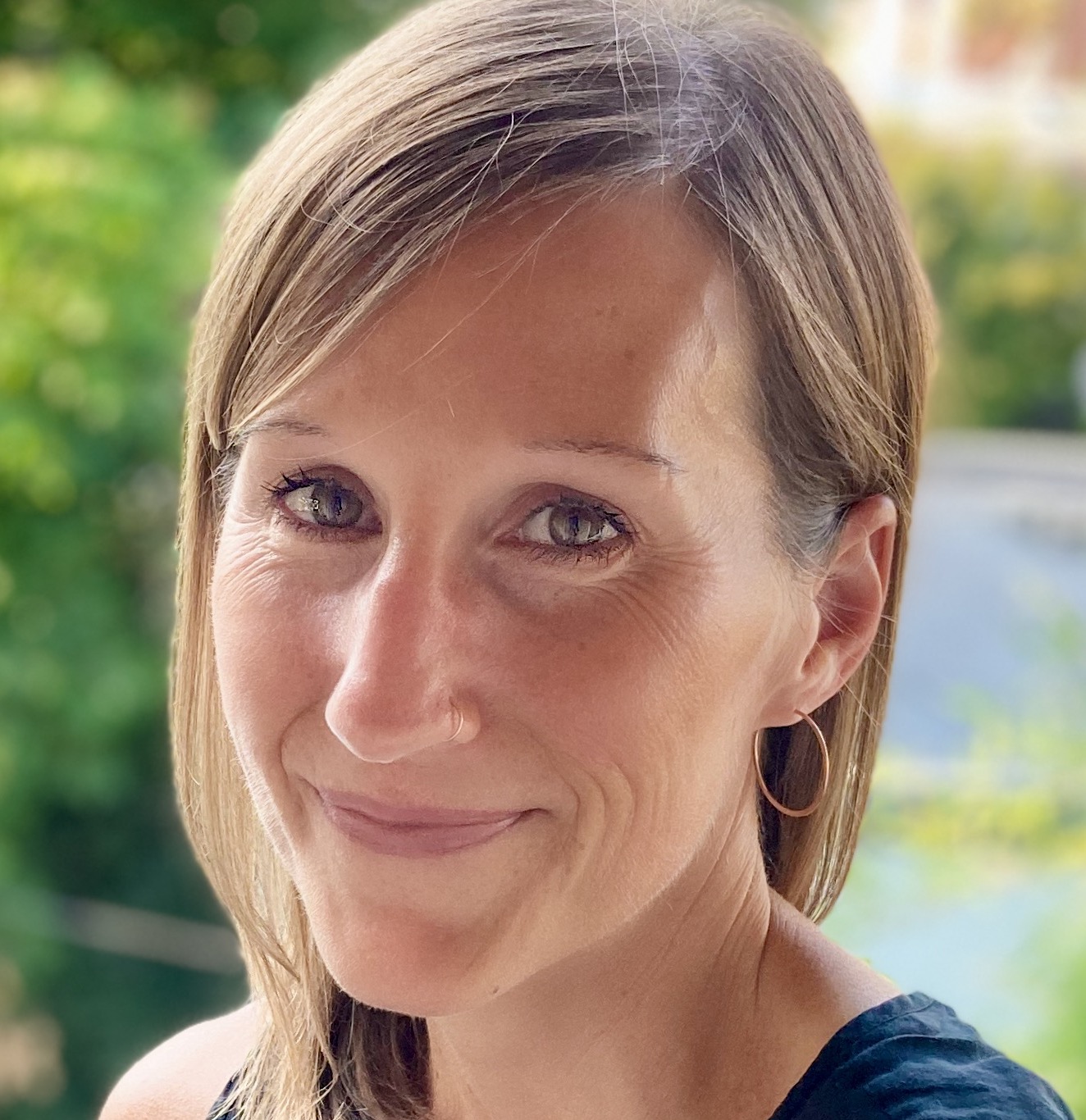
Lindsay Young
University of Southern California
Communications
website
Dr. Lindsay Young (she/her/hers) is an Assistant Professor in the Annenberg School for Communication and Journalism at the University of Southern California. Her works sits at the intersection of public health, social networks, and communication studies and focuses on the social contexts that contribute to and/or facilitate health disparities, access to critical health resources, and health behavior change in underserved, resource restricted populations. Her current research, supported by a NIH Pathway to Independence Award (K99/R00), focuses on the online social and communicative contexts that affect HIV prevention engagement among young sexual and racial minority men. To these ends, she draws on a computational toolkit that includes stochastic network modeling, computer assisted textual analysis, and predictive modeling. Her work also draws on community based models of behavior change and social network theories of health behavior to design health interventions that privilege intrinsic structures and assets.
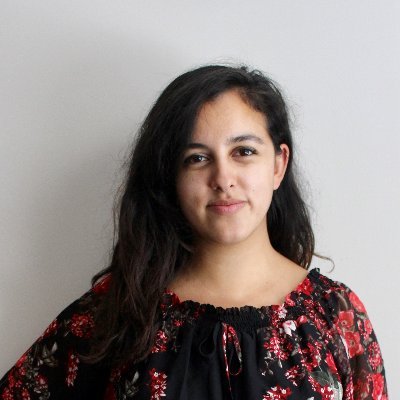
Katherine Zaslavsky
Cornell University
Sociology
website
Katherine Zaslavsky (she/they) is a PhD candidate in sociology at Cornell University. They use content analysis, experimental designs, and computational methods to explore the value of representation, how it translates into forms of capital, and how it functions as a medium of inequality and exploitation across the fields of media, politics, and economics. They have conducted and presented research internationally, with the generous support of several research grants. Katherine also contributes to community directed research as a member of Hate is a Virus, an organization that advocates for solidarity, decolonization, and abolition from within Asian American and Pacific Islander experiences. They have experience in teaching statistical methods, race and ethnicity, and social inequality, for which they have received recognition from Cornell's Department of Sociology and College of Arts and Sciences. In fall 2021, they are a Junior Visiting Fellow at Nuffield College, Oxford University.